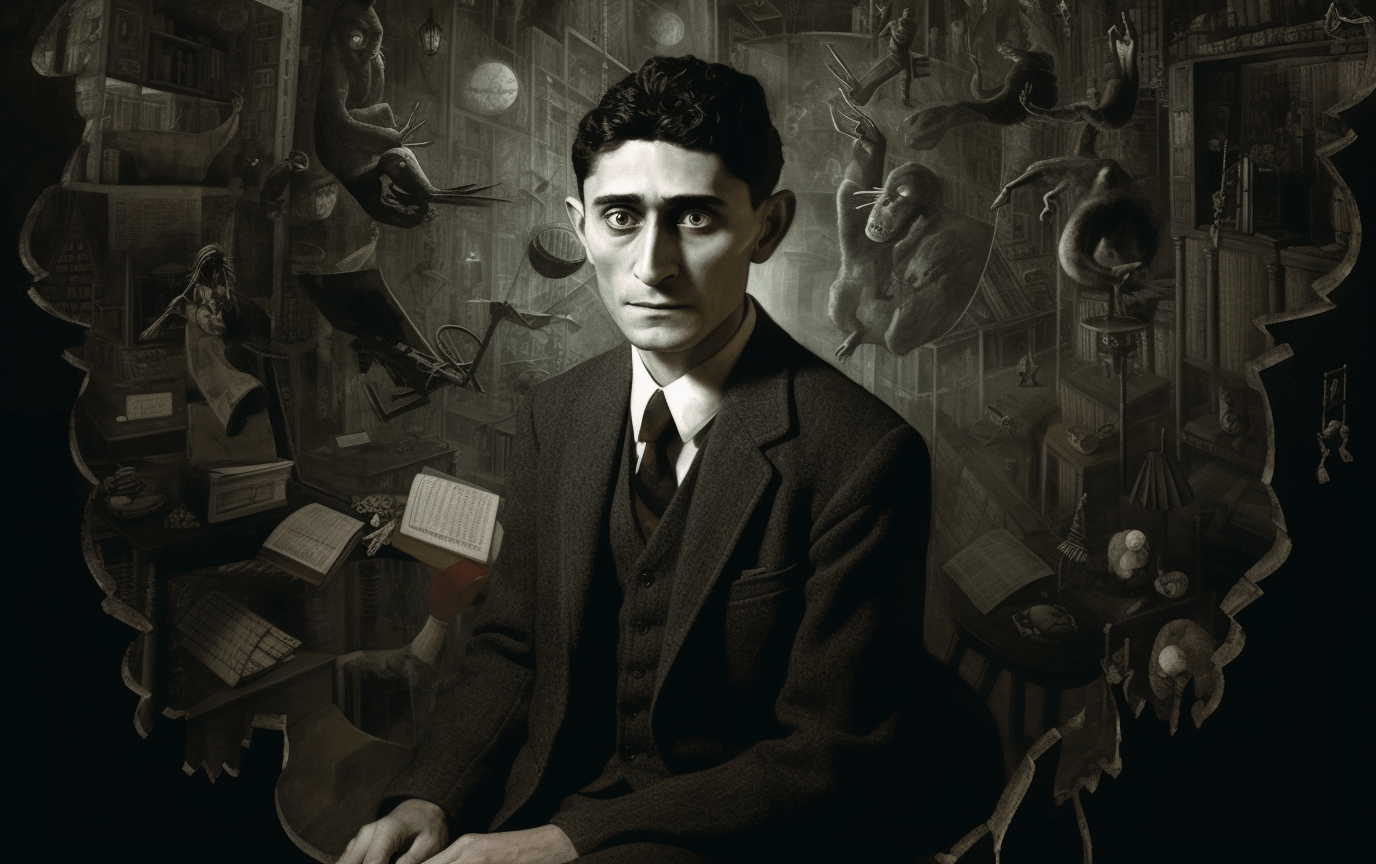On this day, the birth of Franz Kafka is celebrated
On this day in Jewish history, we commemorate the birth of Franz Kafka on July 3rd, 1883. This momentous occasion marked the arrival of an individual who would leave a significant mark on the literary world. The Franz Kafka legacy endures, and his influence continues to shape 20th-century literature and Jewish culture.
Understanding Kafka’s Body of Work
Kafka began his writing career in 1908, dedicating the next twenty years of his life to crafting literary masterpieces. His friend Max Brod was instrumental in preserving the Franz Kafka legacy, choosing to disobey Kafka’s final request to destroy his writings, ultimately giving the world access to his profound literary contributions.
The Kafkaesque Phenomenon
Indeed, few authors have had an adjective derived from their name, yet “Kafkaesque” embodies the complex and often contradictory nature of Kafka’s work. The term is now synonymous with the human struggle against the often anonymous, alienating forces of bureaucracy. Kafka’s work, particularly “The Trial” and “The Metamorphosis,” illuminates these themes in vivid detail.
Exploring the Franz Kafka Legacy
Kafka’s oeuvre spans an impressive range of literary forms—novels, short stories, essays, sketches, diaries, and letters. His strong connection to Jewish literary life and Yiddish literature is well-documented, despite his well-known quote, “What have I in common with Jews? I have hardly anything in common with myself…”. Numerous biographies, including a three-volume study by Reiner Stach and another by his friend Brod, attest to Kafka’s influence on 20th-century literature and philosophy. For a deeper understanding of the Franz Kafka legacy, explore The Kafka Project.
Resources
Image Source:
https://www.thoughtco.com/biography-of-franz-kafka-czech-writer-4800358
Text Source:


